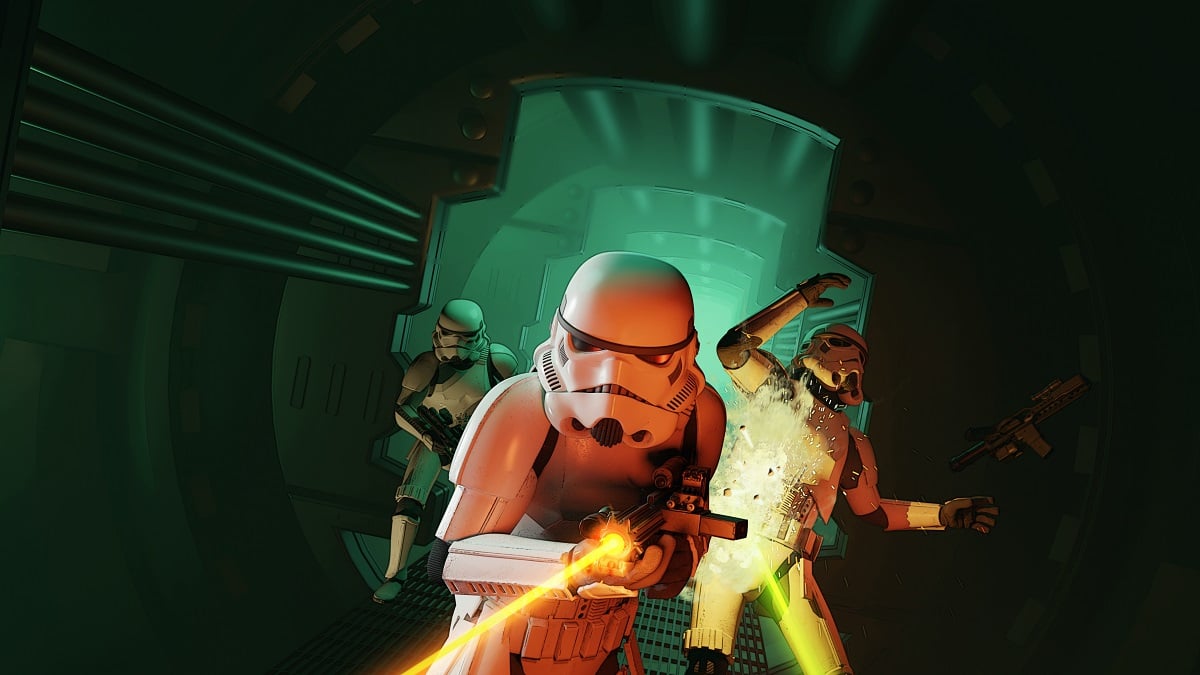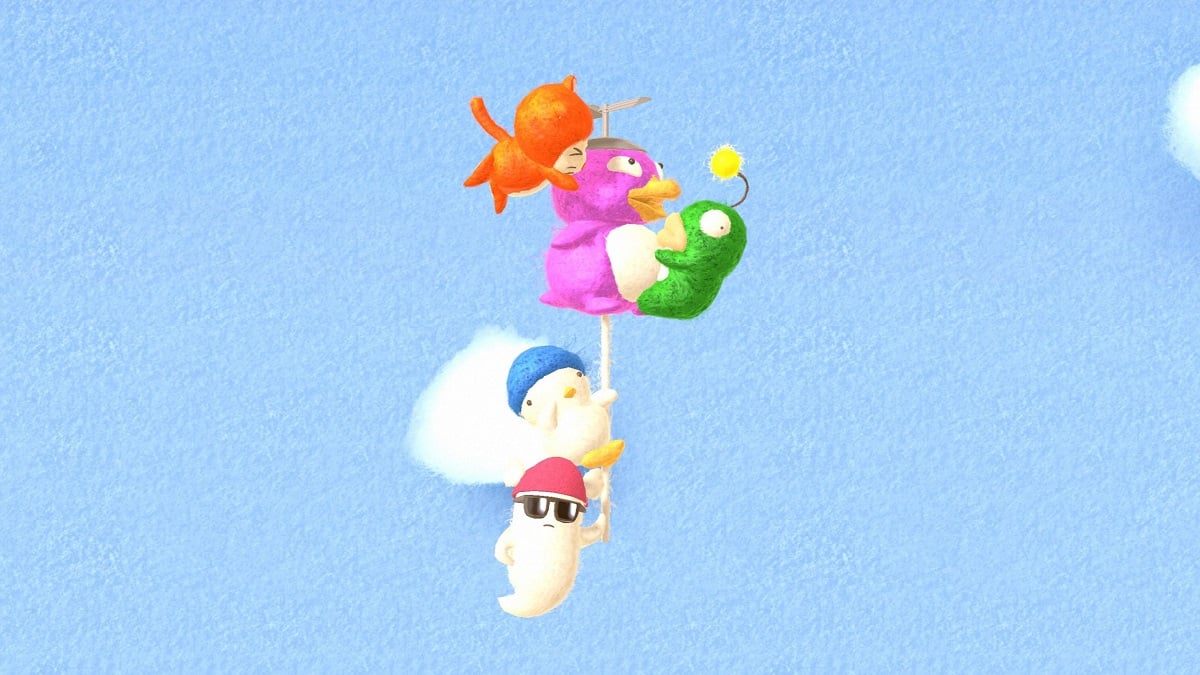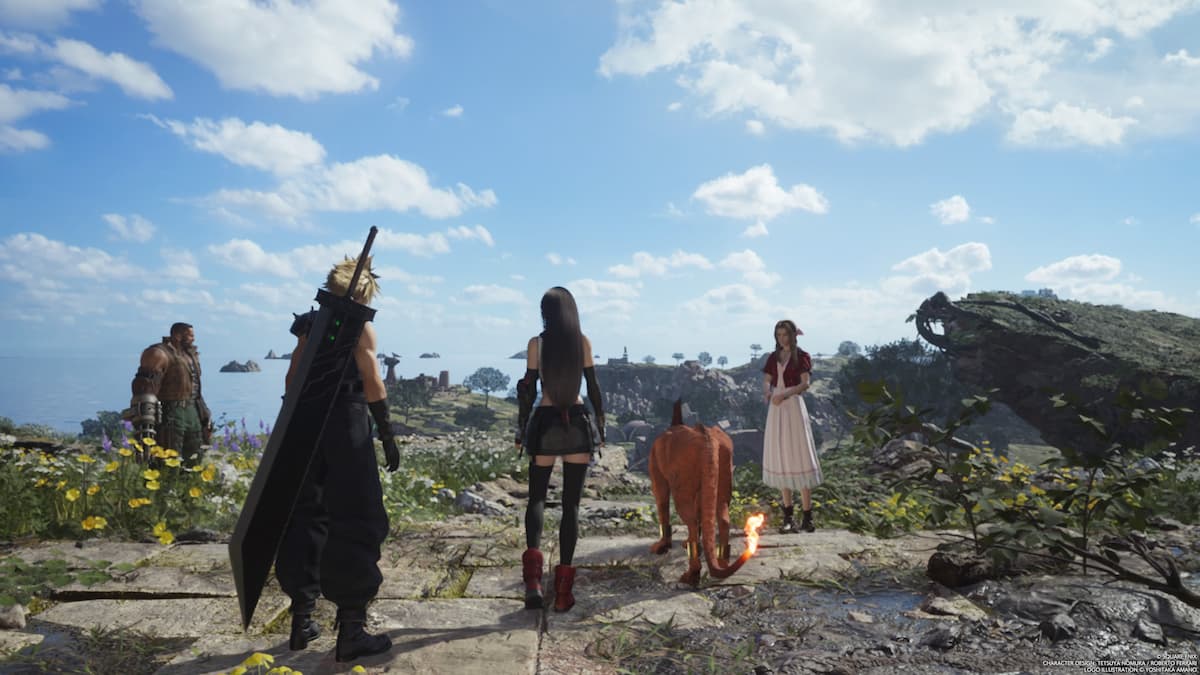Small-town alchemist Reisalin “Ryza” Stout leaves home and heads for the big city in Atelier Ryza 2: Lost Legends & the Secret Fairy. Gust Corporation’s latest Atelier game is a direct sequel to 2019’s Atelier Ryza: Ever Darkness & the Secret Hideout, set three years after Ryza and her childhood friends went their separate ways. Ryza has remained at home studying alchemy, but that pursuit hasn’t gone as well as Ryza had hoped, and she’s become restless. Luckily, adventure calls when she receives an invitation to visit the royal capital.
Upon arrival, Ryza trades her home atelier, with its backyard kids’ clubhouse feel, for a swanky city workshop with a prime location, exposed brick, and a loft area. It’s the first clue to the sequel’s themes. The first game was a coming-of-age story, and the sequel follows as a tale about settling into adulthood. Over the game’s course, Ryza reconnects with her old friends and catching up with Tao, Klaudia, and the rest of the gang is as welcome for those who played the first game as it is for Ryza. But even as the group revels in recapturing the spirit of their last adventure, the scenes the game doles out between excursions focus on Ryza helping her friends acclimate to and improve the day-to-day lives they’ll return to once the reunion is over.

The adventure unfolds in an uncommonly nonlinear fashion for a JRPG. There’s still only one way for the story to play out, but players are free to explore areas, take on sidequests, and focus on crafting at their own pace. The story revolves around Ryza and company exploring ruins located outside the capital. There’s no archvillain pulling strings and no imminent threat. The game eschews the typical JRPG narrative tropes and instead invests entirely in its characters while emphasizing the importance of understanding the world around you to make it better. It’s a refreshingly intimate tale, only marred by the game’s tendency to unlock several of its interstitial scenes, seemingly meant to be experienced gradually, all at once, unbalancing the game’s pacing.
Ryza borrows some moves from Lara Croft’s repertoire to raid these ruins. She was limited to walking or running in the previous game but can now climb, crawl, swim, swing, and sidestep her way through environments. These moves only take a button press to execute but allow the designers to add some verticality and variety to the game’s areas where they were previously limited to open planes and winding tunnels.
This game looks almost identical to the first, which isn’t surprising, as it released barely more than a year after its predecessor. The royal capital won’t compare to San Andreas or Vice City in terms of scale, but it is a distinct departure from the original’s rural setting. As in the first game, the character designs are busy, with the leads dressing as if they were given access to a fashion designers’ leftover scrap pile but only on the condition that they use everything they found.
The first Atelier Ryza was Gust’s attempt to give the niche series more mainstream appeal. Ever Darkness & the Secret Hideout overhauled the series’ combat system into a blend of turn-based and real-time elements. It also streamlined the crafting system, the series’ heart, adding a feature to let players have the game’s AI automatically select and add materials. Both systems return in Atelier Ryza 2, with some tweaks.
The alchemy system in the sequel is mostly unchanged, but the alchemy levels aspect is gone, replaced by a skill tree. Players can spend points acquired by crafting items, exploring ruins, and completing side quests, which are plentiful thanks to the game’s job board. The board always has requests for synthesis materials or specific items. These quests are repeating, and it’s easy to get caught up in a neverending loop if you’re not approaching them with a particular goal in mind. Despite that, it still works better than repeatedly crafting useless items to raise Ryza’s alchemy level in the first game.
Atelier Ryza‘s battle system rests somewhere between Final Fantasy VII‘s Active Time Battle system and the Tales series’ full, button-mashing action. Lost Legends & the Secret Fairy removes the clumsy combat role and item recharge systems. Instead, players accrue points to use on items by deploying their characters’ skills, which can now be chained together in a single action. The result is combat more focused on those skills and less on craftable items.
That’s one of a few ways that these systems don’t always work well together. If you put some effort into upgrading your combat equipment early on, defeating enemies is effortless, even with difficulty turned up a notch. At that point, it can be easy to forget about alchemy for long periods. There are small difficulty spikes throughout the game, but players can quickly smooth them by crafting some new gear. The alchemy system has plenty of depth to explore for those who thrive on micromanaging and min-maxing. For those more likely to rely on the auto-complete feature, it can sometimes feel like a chore.

Atelier Ryza 2‘s soundtrack provides stellar JRPG fare to accompany these exploits. It offers a mixture of upbeat rock tunes for combat, atmospheric ambiance for exploring, and bittersweet pieces for tender story moments. It’s catchy, and players may find themselves humming songs from the game after playing.
Overall, Atelier Ryza 2: Lost Legends & the Secret Fairy takes what’s good about the first game and improves upon it. It’s set apart from other games in its genre through its charmingly wholesome tone and low-stakes narrative that allow its characters and their relationships to shine while conveying relatably human themes filtered through an optimistic, sometimes-wistful lens. The game’s systems are sometimes at odds but are each entertaining, and exploring ancient ruins with Ryza and her friends on a quest for knowledge regularly instills a hopeful sense of adventure. Atelier Ryza 2 will well-suit anyone looking for a leisurely, character-centric, self-paced, and intimate JRPG journey.
Rating: 3.5 out of 5
Atelier Ryza 2: Lost Legends & the Secret Fairy is on sale now for PC, PlayStation 4, and Nintendo Switch. A PlayStation 4 review code was provided by the publisher for the purpose of this review, and it was reviewed on a base model PS4.


